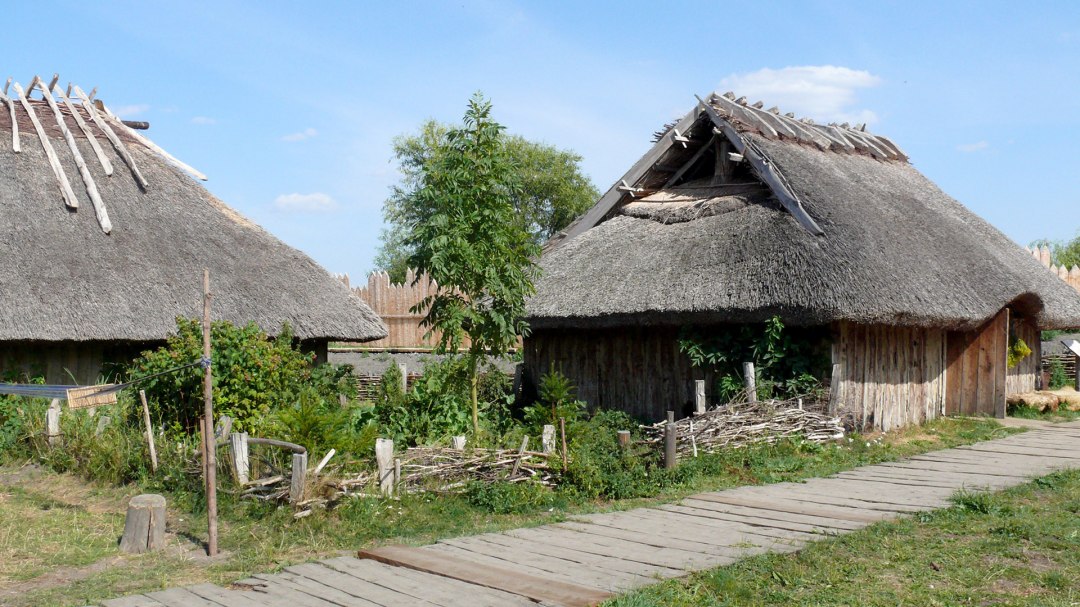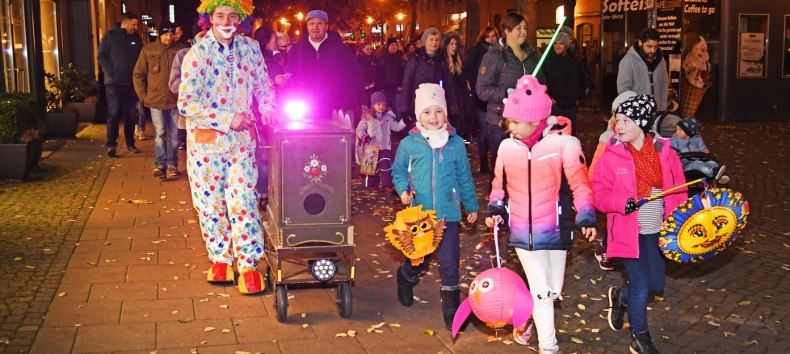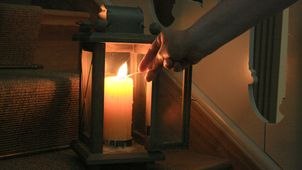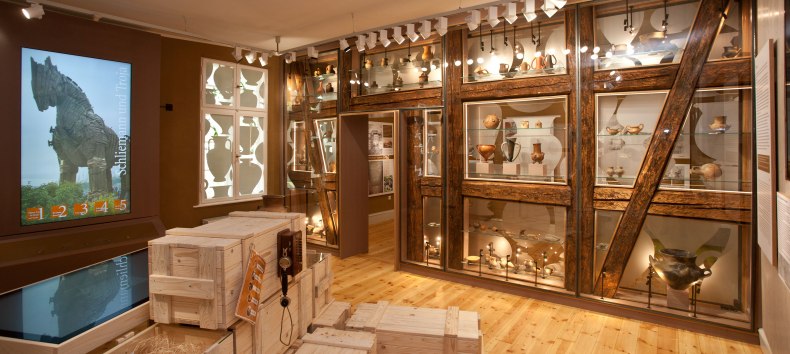Lecture by Dr. Fred Ruchhöft (Natur-Museum Goldberg)
The Lutizen - rebellious opponents of Christianity or defenders of their identity?
For several centuries, Slavs also lived in the areas we know today as Mecklenburg. From the 10th century onwards, an association of Slavic groups and tribes between the Elbe and Oder rivers - the Lutizen - resisted Christianization and, above all, the associated attempts at conquest. The famous Slavic uprising of 983, which destroyed the bishoprics of Havelberg and Brandenburg, is associated with them.
But what do we really know? Despite the enormous significance for our country, it has been 70 years since the last detailed study. To what extent were the Lutices anti-Christian opponents or even partners of the neighboring Saxons? To what extent have forged documents, over-interpretations and biased research affected the current picture?
Advances in historical and archaeological research as well as a reassessment and critical review of historical sources allow a new view of a time in which ethnic and religious boundaries were blurred more often than our general understanding of history would like to perceive.
Dr. Fred Ruchhöft, author, historian and archaeologist, has been researching Slavic history in the north for almost 30 years. Among other things, he has investigated the Arkona temple castle on the island of Rügen and written numerous books on the medieval history of north-eastern Germany. He has been director of the Nature Museum in Goldberg since 2019.
Lecture by Dr. Fred Ruchhöft
Thursday, November 6, 2025, at 5.00 pm
in the City History Museum (town hall hall)
Admission is free.




